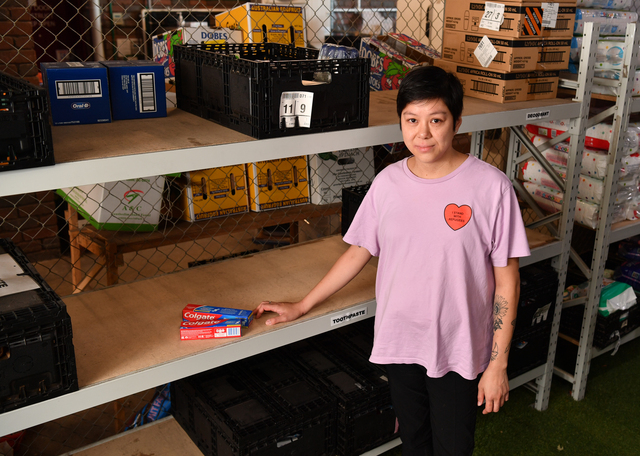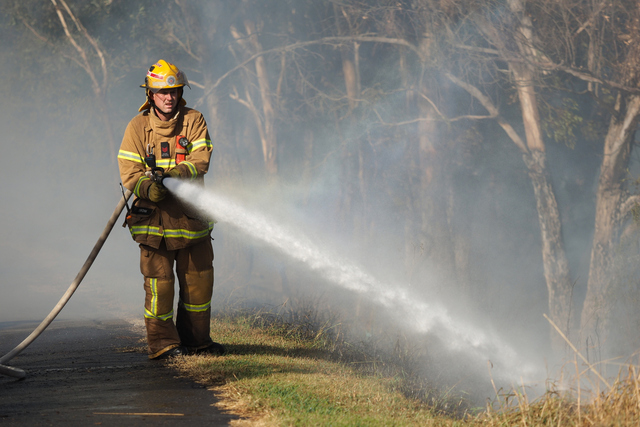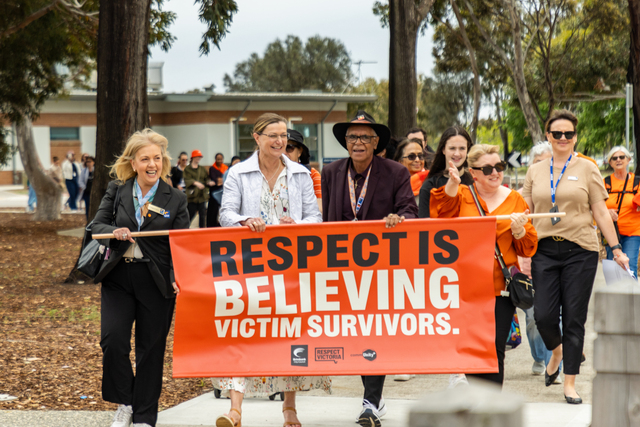Demand on the Asylum Seeker Resource Centre (ASRC) community foodbank has surged by 43 per cent in recent months, according to the centre’s submission to a state government food security inquiry.
The Inquiry into Food Security in Victoria is considering the impacts, drivers of and solutions for food security in Victoria.
In its submission, the ASRC said its foodbank supported 1568 households (3769 individuals) with food and groceries in the past 12 months and served over 9600 hot meals from its community kitchen in Footscray.
ASRC head of systemic change Jana Favero said the foodbank was started in 2001 to respond to food insecurity that people seeking asylum and refugees were facing in the community.
“Sadly, the demand for our foodbank services persists 23 years later and it is continuing to increase and people seeking asylum continue to be some of the most marginalised in our community,“ she said.
“Charities, such as the ASRC, who are stepping in to try and meet people’s basic needs are best placed to advise on the policy and budgetary measures required to tackle food security and avoid people being forced into greater poverty and destitution.“
The ASRC said asylum seekers being denied work rights in Australia was one of the key barriers to food security. The ASRC estimates that as many as 20 per cent of people seeking asylum don’t have work rights at any given time.
The centre said cuts to social support for people seeking asylum was also making an impact.
ASRC client Jane, who did not want her surname published, said she has been supported by the centre since 2018.
“I have two young children and we could not manage without the support of the ASRC foodbank. I don’t have work rights, and the place we rent costs a lot of money for us with bills as well,“ she said.
“Before I was able to access the ASRC Foodbank, I had gone without food before. Once I went for one week with no food, just living on water. Now I know that I can have enough fresh vegetables and food to feed my family for a whole week.”
ASRC humanitarian services manager Nina Field said food security was one vital part of supporting the wellbeing of people seeking asylum.
“The lack of food security our clients and their families face causes a vicious cycle and exacerbates a person’s poor health and limits their ability to recover from trauma and rebuild their lives,“ she said.
“Every day we have queues at our centre for people who need support with feeding their families, and we know we’re not the only charity struggling to meet demand. It’s really time for our state and federal governments to step up and take responsibility for the people in our communities that are deserving of fair and compassionate treatment.”







